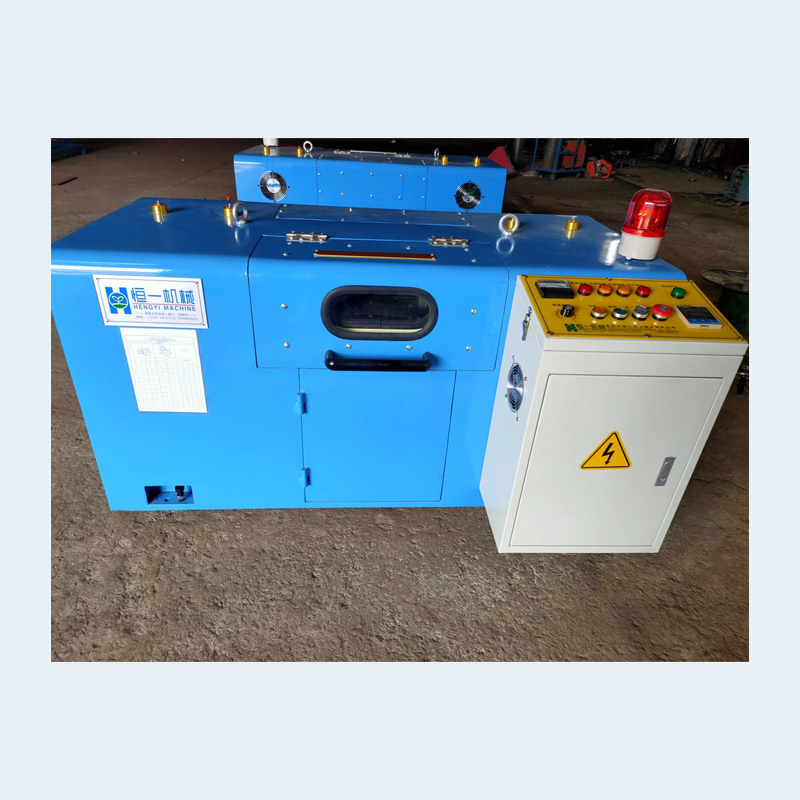Introduction: Guaranteeing Safety with Waterproof Equipment Cables

In today's technologically advanced world, equipment cables play a crucial role in various industries. However, when cables are exposed to water, it can compromise their functionality and pose significant risks. To tackle this issue, waterproof designed equipment cables have become essential to ensure safety and reliability in various applications. In this article, we will explore the importance of waterproof equipment cables and how they guarantee safety and reliability.
The Significance of Waterproof Equipment Cables
Equipment cables can get exposed to water in various environments, such as industrial settings, outdoor installations, or even accidental spills. In such situations, if the cables are not adequately protected, they can suffer damage, causing malfunctions or even electrical hazards. This is where waterproof equipment cables prove their significance.
Waterproof equipment cables are specifically designed to resist water ingress, preventing any damage to the internal wiring and ensuring optimal performance. These cables are usually coated with special materials or have additional layers that act as a barrier against water and moisture.
Features of Waterproof Equipment Cables
Waterproof equipment cables come with several features that make them suitable for use in various scenarios:
- Water-resistant Materials: These cables are typically constructed using materials like rubber, PVC, or polyethylene, which have inherent water-resistant properties.
- Protection Against Moisture: Waterproof equipment cables are designed to withstand high humidity levels, preventing moisture from seeping into the cables and causing corrosion or short circuits.
- Tight Sealing: These cables have tight seals at their connectors and joints, preventing water from entering and damaging the connections. This ensures a reliable and secure electrical connection.
- Durability: Waterproof equipment cables are built to withstand harsh conditions, including exposure to chemicals, UV rays, and extreme temperatures. They are resistant to abrasion, impact, and other physical stresses.
- Compliance with Industry Standards: These cables undergo rigorous testing to meet industry standards for waterproofing, insulation, and electrical performance, ensuring their reliability and safety.
Applications and Benefits of Waterproof Equipment Cables
Waterproof equipment cables find extensive use in various industries and applications:
- Outdoor Installations: These cables are ideal for outdoor lighting systems, security cameras, and other applications that are exposed to weather elements.
- Marine Industry: Waterproof equipment cables are crucial for marine vessels, ensuring uninterrupted communication, navigation, and power supply.
- Industrial Environments: In industries prone to moisture or water splashes, such as food processing, chemical plants, or wastewater treatment facilities, these cables provide reliable connectivity without risking safety.
- Construction Sites: Waterproof equipment cables are used in construction sites to power tools and machinery, even in wet or muddy conditions.
In summary, waterproof equipment cables play a vital role in ensuring safety and reliability in various applications. With their water-resistant materials, moisture protection, tight sealing, durability, and compliance with industry standards, these cables offer a reliable and secure electrical connection. From outdoor installations to marine and industrial environments, waterproof equipment cables are an essential component for consistent performance in challenging conditions.

